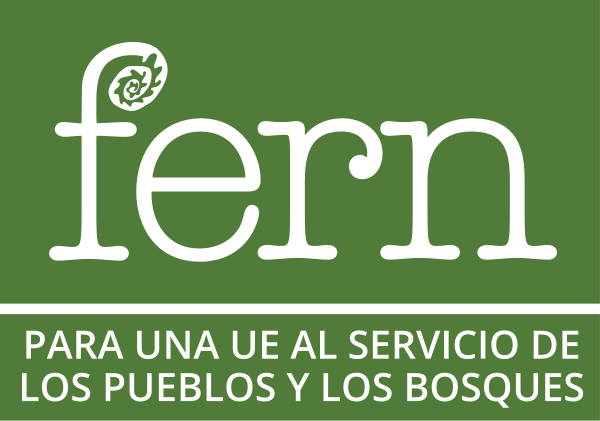
Environmental and animal welfare NGOs have slammed a new legislative proposal for the EU’s farm policy, published 1 June 2018. The proposal defines the direction of the Common Agriculture Policy (CAP) post 2020 and is the first step of the legal process toward adopting the Policy in spring 2019.
NGOs raised a number of concerns about the effect the proposal would have on the environment. For example, letting Member States decide what can be subsidised could weaken care for the environment and biodiversity. Via Campesina fear that the new CAP will “exacerbate the differences between farmers across the EU as well as between production, working and economic conditions”. This would increase competition between farms from different Member States and possibly lead to a race to the bottom in terms of environmental and social issues.
Another concern is that, despite the Commission’s announcement that it would introduce a mandatory eco-scheme, the actual legislative text leaves the door open to weak, voluntary measures: “Member States should set up Eco-schemes voluntary for farmers” and “Member States may decide to set up eco-schemes for agricultural practices such as the enhanced management of permanent pastures and landscape features”. There is no mention of what such an eco-scheme would entail and how much money will be set aside for it.
Proposed measures of success are also too selective. For example, indicators measuring safe, nutritious and sustainable food, as well as animal welfare, do not go beyond the status quo.
The story could be more positive for forests outside of the EU if efforts are made to counter the expansion of soya plantations in Latin America. An alliance of NGOs have made recommendations to the EU farm commissioner on how to make the CAP compatible with a future EU Protein Plan, which is being devised at the same time. The recommendations include a better farm advisory service, mandatory crop rotation, and support for on-farm protein cropping to counter disastrous soya imports from forest-risk countries.
To have any hope of achieving the EU goal of ending deforestation, the CAP and EU Protein Plan must go hand in hand with a reduction in meat consumption and a complementary Action Plan to Protect Forests and Respect Rights. But first, this draft CAP must be amended to include meaningful indicators and robust requirements to modify practices.
